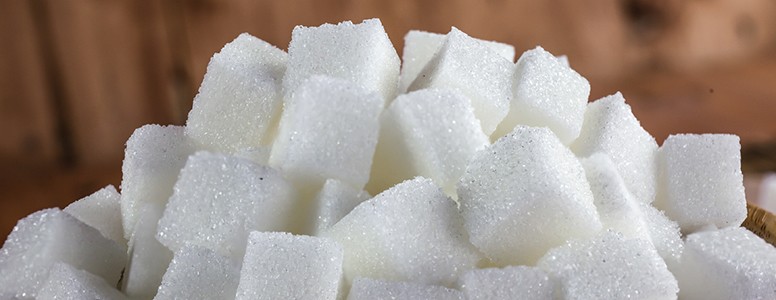The work of a team of researchers at Weill Cornell Medicine, New York state, has highlighted important links between glucose, insulin and many forms of cancer.
The team is led by Dr Lewis Cantley, an eminent cancer researcher whose ground-breaking work in this field began in the 1980’s, with his discovery of an enzyme known as phosphoinositide 3-kinase (PI3K). In the years since, PI3K has been implicated in as many as 80% of cancers and is called a ‘master switch’ by many scientists.
PI3K bridges the gap between insulin release in the body and cell glucose uptake, growth and survival. Under normal conditions, this is not an issue and is part of normal growth.
But, in the context of cancer, this process gets kicked into overdrive, allowing sugar-addicted cancer cells to take up more glucose, and so survive and grow more effectively. There is a known link between high insulin levels, type 2 diabetes and cancer.
While drugs have been developed to inhibit this pathway, such as the FDA-approved leukaemia and lymphoma drug (idelalisib), these have not been as successful in practice as originally hoped. It was found that the drug actually caused a compensatory increase in insulin levels, which kept tumours growing.
Dr Cantley and his team have since successfully used PI3K inhibitors alongside a ketogenic diet, which is known to lower insulin levels, to shrink tumours in mice.
In their paper, published in the journal Nature, they concluded that “this insulin feedback can be prevented using dietary or pharmaceutical approaches”.
The team are now raising funds to translate this work into humans, with the hope that the ketogenic diet will allow the PI3K inhibitors to successfully shrink tumours in people as well.
This work could add to the growing body of evidence showing that carbohydrate restriction through a ketogenic diet may have positive implications for cancer treatment and prognosis.
What's new on the forum? ⭐️
Get our free newsletters
Stay up to date with the latest news, research and breakthroughs.









